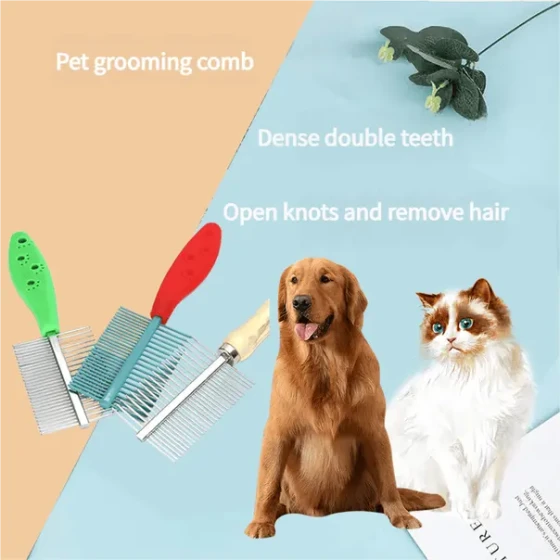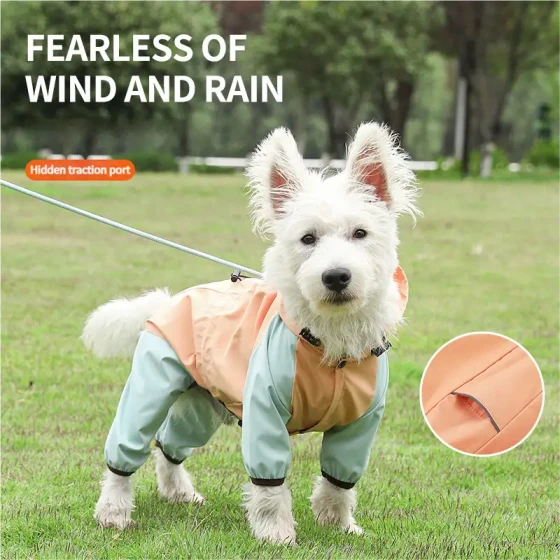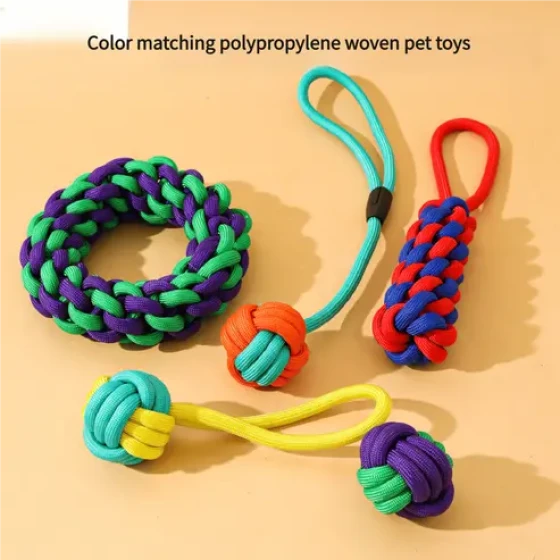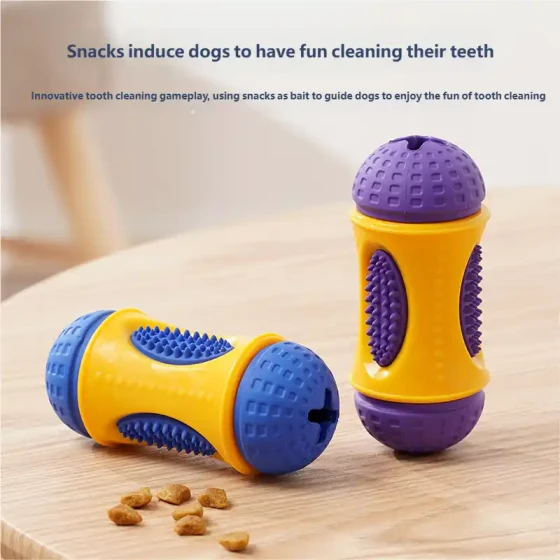Several Key Points for Deworming a Yorkshire Terrier

Spring is the season of revival, however, parasites also begin to become active at this time. Whether external parasites or internal parasites, they can all have adverse effects on dogs. Yorkshire terriers are long-haired dogs. Some external parasites hide in their gorgeous fur, making it easy for owners to overlook. Internal parasites do not cause obvious symptoms in the short term, which owners also tend to ignore. Therefore, to allow the dog to live healthily and happily, veterinarians recommend owners deworm their dogs once every spring. To achieve the best deworming effect, owners need to pay attention to the following points during the deworming process.
1. Prevention is better than cure
Just because the dog shows no symptoms doesn’t mean it is free from parasitic infection. For example, when a dog is infected with roundworms, there are no initial clinical symptoms or only mild diarrhea, which owners often mistake for normal seasonal changes, potentially worsening the condition. To avoid this, owners must focus on prevention first.
1.1 Prevention of external parasites

Figure 1: Fleas

Figure 2: Ticks

Figure 3: Sandflies

Figure 4: Lice
Yorkshire terriers mainly have four types of external parasites: fleas, ticks, sandflies, and lice. They generally feed on the dog’s skin secretions or blood. Besides bloodsucking, these parasites are carriers of many infectious diseases. They can cause dogs to suffer from various infections, such as flea bites spreading allergic dermatitis, ticks spreading Lyme disease, etc. The prevention of external parasites mainly includes the following points:
1.1The whole winter has passed, and the dog can finally frolic in the spring sunshine. At this time, owners need to be especially careful not to allow the dog to come into contact with stray cats or dogs. No matter how friendly stray animals are, owners must prevent close contact because parasites from strays can transmit directly through bites. Furthermore, owners should not allow their dogs to play for long periods in areas frequently visited by strays, as the dog might get parasite eggs dropped by stray animals during play and become infected.
1.2Various deworming sprays, spot-on treatments, and medicated baths are available on the market, which owners can use according to the actual situation. Spot-on treatments are relatively more convenient; when the temperature stabilizes above 20℃, apply the deworming spot-on onto the dog’s neck, which typically lasts about three months. It should be noted that dosage varies according to the dog's size. Yorkshire terriers, being small dogs, must be given small dog dosages. Also, applying the spot-on one day after bathing enhances effectiveness and reduces harm to the dog. If the Yorkshire terrier loves to play in spring grass, owners can spray some deworming spray before going out and use medicated baths with each wash for a better result.
2. Prevention of internal parasites
Common internal parasites in Yorkshire terriers include roundworms, tapeworms, hookworms, pinworms, etc. To keep the dog free from these parasites, owners need to help their dogs develop good habits, such as not licking other animals' feces. Of course, this alone is insufficient; prevention of internal parasites also requires the use of deworming medications. The selection of deworming medicine must be reasonable because some have age restrictions. Owners should understand this clearly before administering to their dogs.
2. What to do if your dog is already infected with parasites
1. External parasite removal
Previously mentioned external deworming products, aside from good preventive effects, can also be used when the dog is unfortunately infected with external parasites. However, these agents must not come into direct contact with the dog’s eyes or nose, so owners should be especially careful during application. Sprays should be evenly distributed over the entire body without repeatedly spraying the same area. Neither sprays nor spot-ons should be applied to damaged skin. For severely infected dogs, veterinarians may advise medicated baths. Currently available flea collars are primarily preventive for fleas and other parasites; if the dog is already infected, owners should not rely solely on collars for deworming. To completely get rid of parasites, owners also need to frequently clean the home and dog’s bedding and perform regular sterilization and disinfection.
2. Internal parasite removal
Usually, administering deworming medicine to the dog can remove internal parasites. The dog's feces should be cleaned up promptly. If the dog develops intestinal obstruction or other conditions due to parasites, surgery may be necessary. This is one of the main reasons veterinarians keep reminding owners to deworm their dogs regularly.
3. Other precautions
1. Deworming should be done before vaccination because the presence of parasites may affect the immune response. To maximize vaccine effectiveness, owners need to complete deworming before vaccination.
2. Control the dosage of deworming medicine. Adult dogs and puppies have different dosages; owners must administer according to the actual situation. If uncertain about dosages, consult a veterinarian.
3. Be cautious when deworming pregnant dogs. If owners want their dogs to breed, it is best to deworm one week before mating. If deworming pregnant dogs is unavoidable, owners must follow veterinary instructions strictly and never medicate on their own.
4. For severe parasite infections where ordinary deworming medicine cannot fully clear the parasites, veterinarians usually choose injections. A reminder: If the stud dog is retained for breeding, do not use ivermectin as it has spermicidal effects; instead, use milbemycin.



